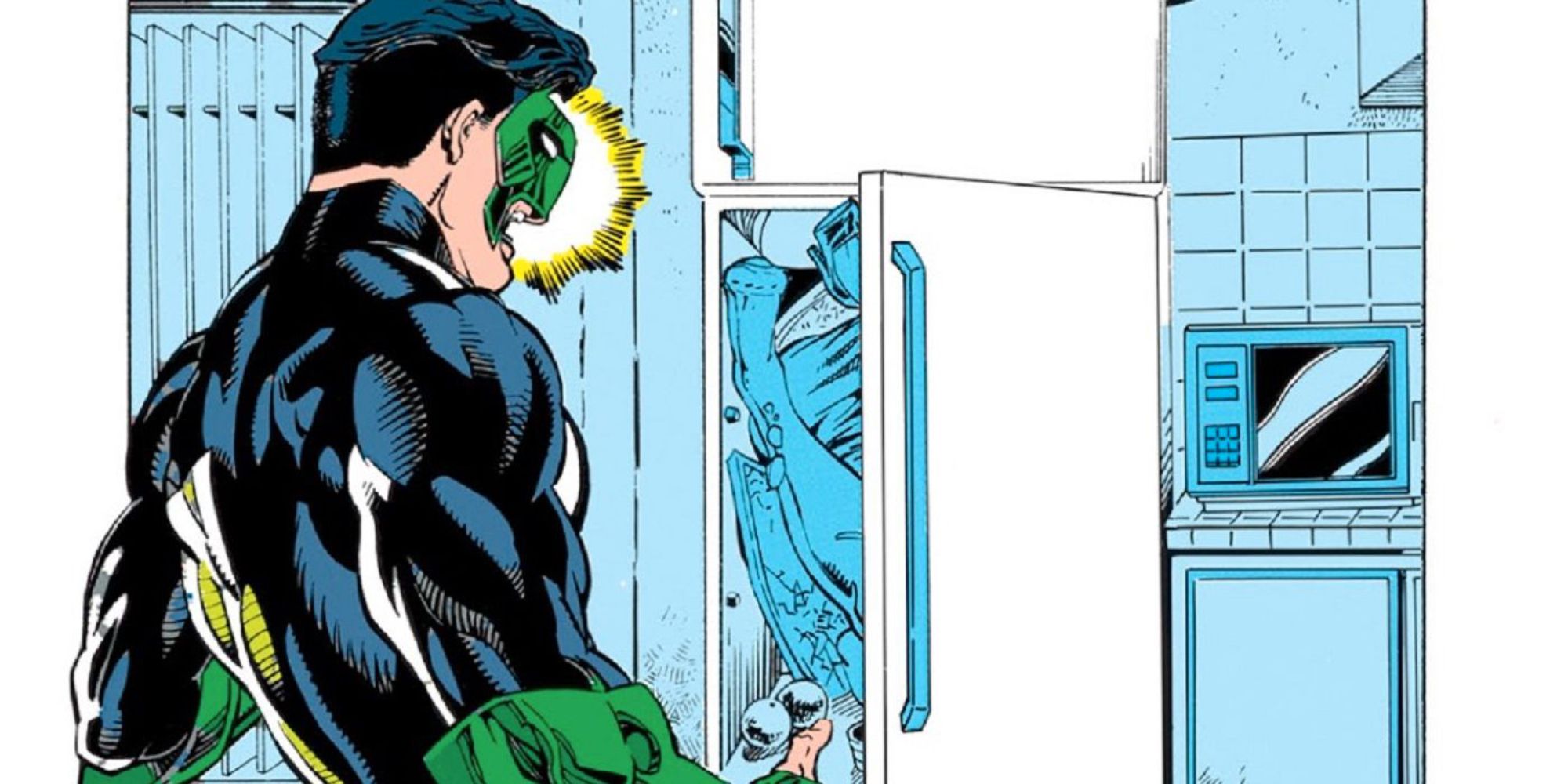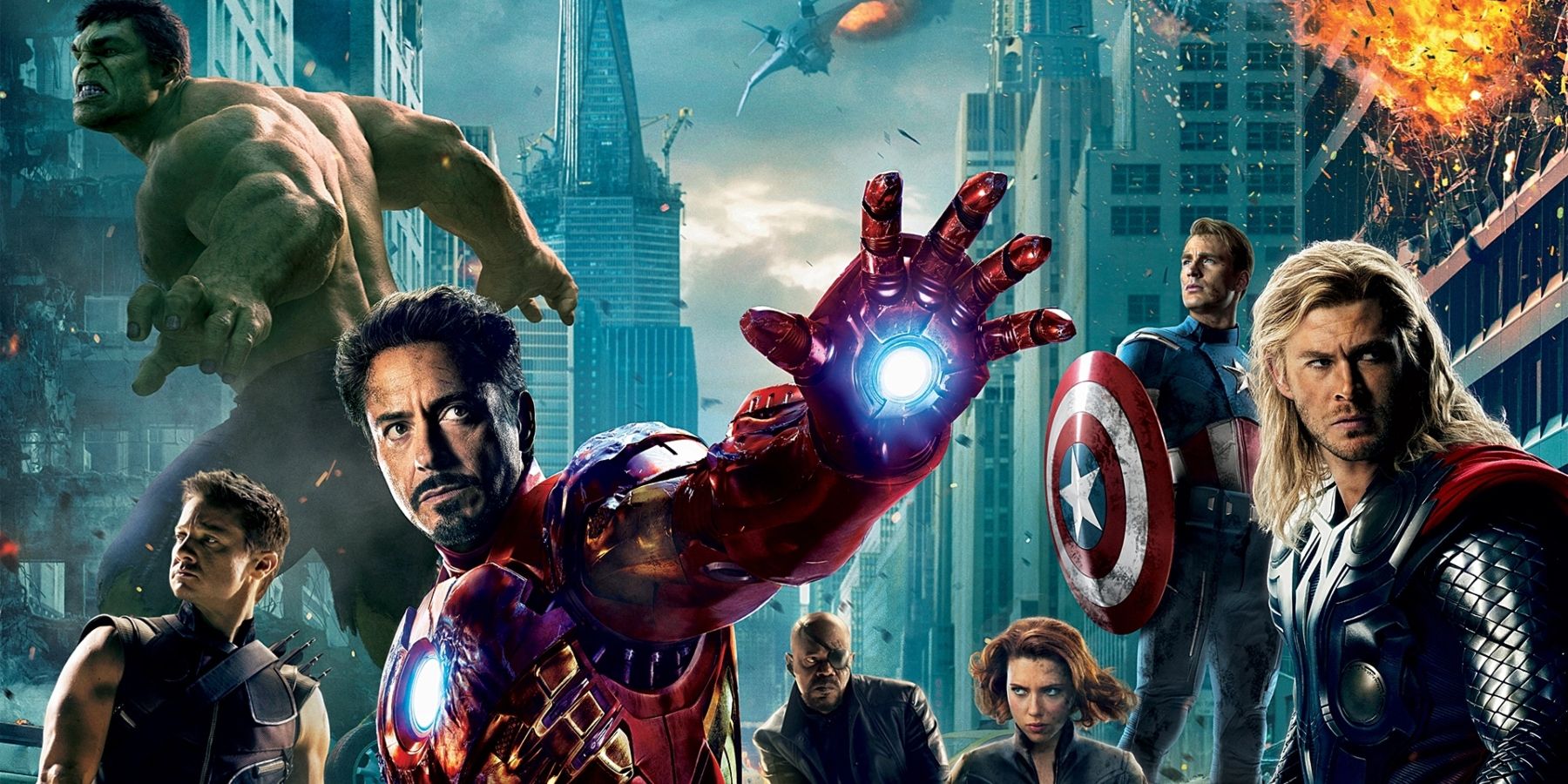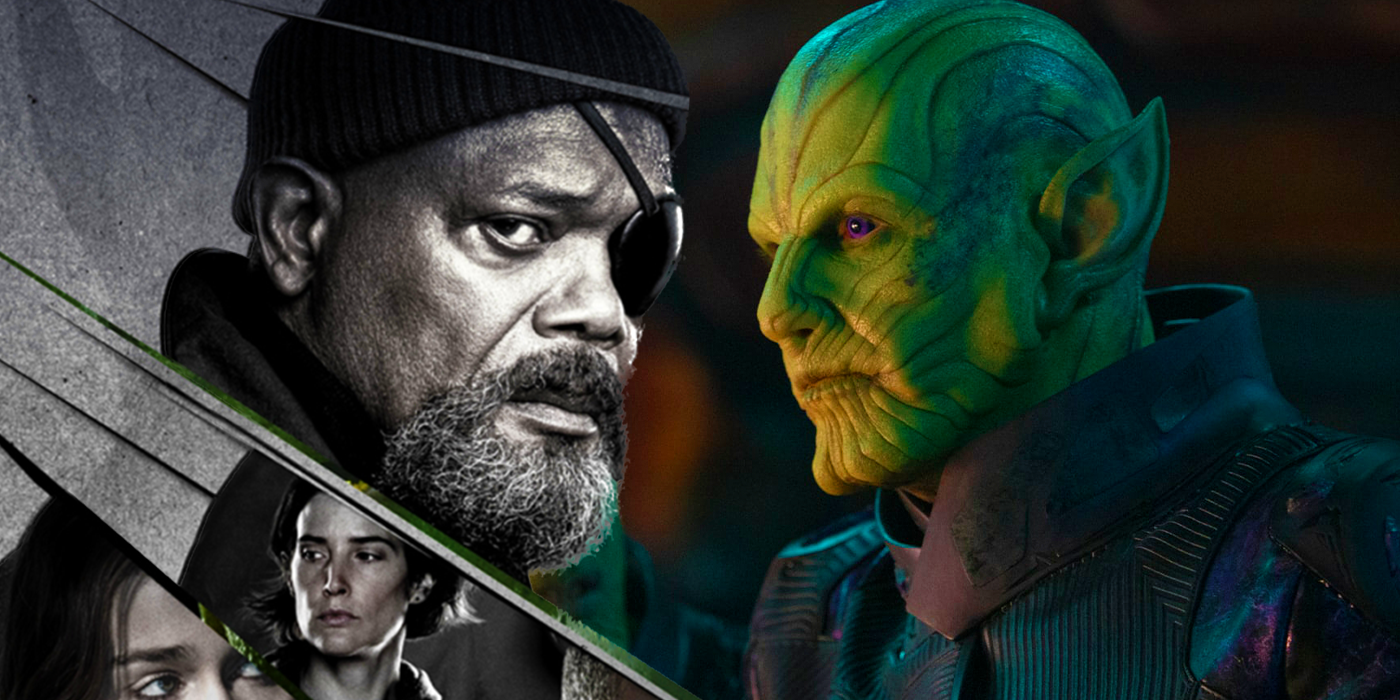
The Shocking Truth About Secret Invasion's Fatal Betrayals

The article delves into the controversial issue of 'fridging' in comics, as Secret Invasion potentially falls into this trap Exploring the impact of Maria Hill's death on Phase 1 characters, it highlights the MCU's recurring problem of killing off beloved supporting characters
Warning: The following contains spoilers for Secret Invasion. The latest MCU project starts with a shocking surprise: Maria Hill is killed in the first episode. For years, Maria Hill (played by Cobie Smulders) has been a consistent presence in the MCU since her debut in The Avengers in 2012. She played significant roles in Captain America: The Winter Soldier, Spider-Man: Far From Home, and played a vital role in shaping the narratives of the first two seasons of Agents of SHIELD. Finally, after eleven years as a beloved supporting character, Hill was given her moment to shine in the first episode of Secret Invasion before meting the same fate as many other supporting female characters in comic history.
Fans who have followed the MCU since its early days have come to expect Hill's involvement in significant and universe-altering storylines. Serving as Nick Fury's right hand for most of the audience's time with him, Maria Hill's contributions have undeniably been instrumental in shaping the MCU into what it is today. With appearances in six movies and three series since her introduction, the abrupt and unceremonious end to Maria Hill's character has sparked a heated debate among fans, leading them to question why female characters are still being marginalized in 2023.
What is "fridging" in comics?
Fridging, also known as "Women In Refrigerators Syndrome," is a prevalent literary trope in comic books and other comic book/sci-fi media. It involves the injury, sexual assault, or killing of women in order to advance the story arc of a male character. Gail Simone coined the term "Women In Refrigerators" in response to an infamous incident in Green Lantern vol. 3 #54, where Kyle Rainer discovers that a villain has killed his girlfriend, Alexis DeWitt, and placed her body in a refrigerator.
This trope and all its criticisms revolve around the notion that women are reduced to victims in these stories, serving solely as tools to drive the character development of men. This method of storytelling dehumanizes women, treating them as mere plot devices, while granting agency to the men involved. Only when a villain kills or kidnaps the hero's female companion does the hero feel justified in seeking justice, as it is seen as an infringement on their possession.
While comic books have historically undervalued and marginalized female characters compared to their male counterparts, it was not until Gail Simone and her colleagues courageously exposed the glaring sexism within the industry that some progress was made. Subsequently, the advent of cinematic adaptations further influenced this transformation.
Will Secret Invasion repeat the sins of the MCU's past?
In all objectivity, the commencement has already taken place. Maria Hill, a character integral to each consequential event that has reverberated across the entire Marvel Cinematic Universe, was sacrificed so that Old Man Fury could intensify his concern for the Skrull menace. As astonishing as her demise may have been, this act of killing is not an isolated occurrence.
The representation of women and women's stories in the Marvel Cinematic Universe has been a long-standing issue. Out of the 32 feature films released by the MCU, only 3 have centered around female protagonists, and even then, only 2 of them featured white women. In terms of streaming shows, only 2 have been solely led by female characters, while 2 others shared the leading role with male characters. Additionally, the portrayal of these women often falls into the trap of tokenism, resulting in criticism from viewers who see it as lazy writing or a shallow attempt at feminism. Many female characters are also at risk of being killed off for the sake of dramatic effect, which, while masked as raising the stakes, ultimately serves to provide motivation for their male counterparts to succeed.
The Infinity Saga's conclusion offers more recent examples of this phenomenon, as Gamora and Black Widow are fridged in Infinity War and Endgame, respectively. This was done so that the male characters could obtain the Soul Stone, a sacrifice that was not present in the original comic story and was deemed necessary by the Russo Brothers. Both Gamora and Black Widow initially entered their respective franchises as dangerous and effective femme fatales, with the male leads continuing to desire them. Unfortunately, their characters are killed off in ways that undermine their development over the years. Gamora is callously sacrificed by Thanos, her lifelong abuser, by being tossed off a cliff. This attempt to portray Thanos as more complex, showcasing his supposed love for Gamora, is meant to evoke sadness. Similarly, Black Widow, whose character was already mishandled by Joss Whedon in Age of Ultron, is made to sacrifice herself for the Soul Stone because Hawkeye has a traditional family to fight for. These sacrifices were written in a way that implied it had to be these women who died in order to advance the story, much like Maria Hill's death prompting Fury to take action. Regardless of arguments surrounding alternatives and the remaining female MCU characters, the undeniable fact remains that these women were written and killed off in order to further a man's narrative.
What does Maria Hill's death mean for the remaining Phase 1 characters?
Content: There's no denying that Secret Invasion marks a significant turning point for Nick Fury in the MCU. Despite being a supporting character for so long, fans have been eager to see him take on a more prominent role, allowing for deeper character development and growth. However, with Maria Hill's apparent death and Cobie Smulders indicating that her return to the franchise is unlikely, concerns arise for the remaining characters introduced in Phase 1. Currently, the only women left in this group are Darcy Lewis, who had a minimal role in WandaVision, and Pepper Potts, who doesn't have a reason to return post-Endgame. While James "Rhodey" Rhodes appears in Secret Invasion, fans have speculated that he may be revealed as a Skrull before his next appearance in Armor Wars.
All the remaining characters from Phase 1 who are still alive are men. Among these men, those who have previously played significant supporting or leading roles in other projects are now being chosen to lead upcoming projects. Although Maria Hill's fate holds significant importance in Nick Fury's story, the death of the last remaining female hero from Phase 1 in the Marvel Cinematic Universe does nothing but emphasize the ongoing preference for male characters within Marvel. Catch new episodes of Secret Invasion every Wednesday on Disney+.
















